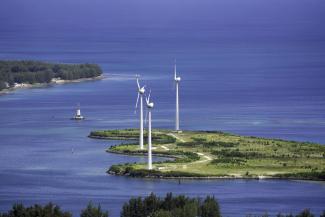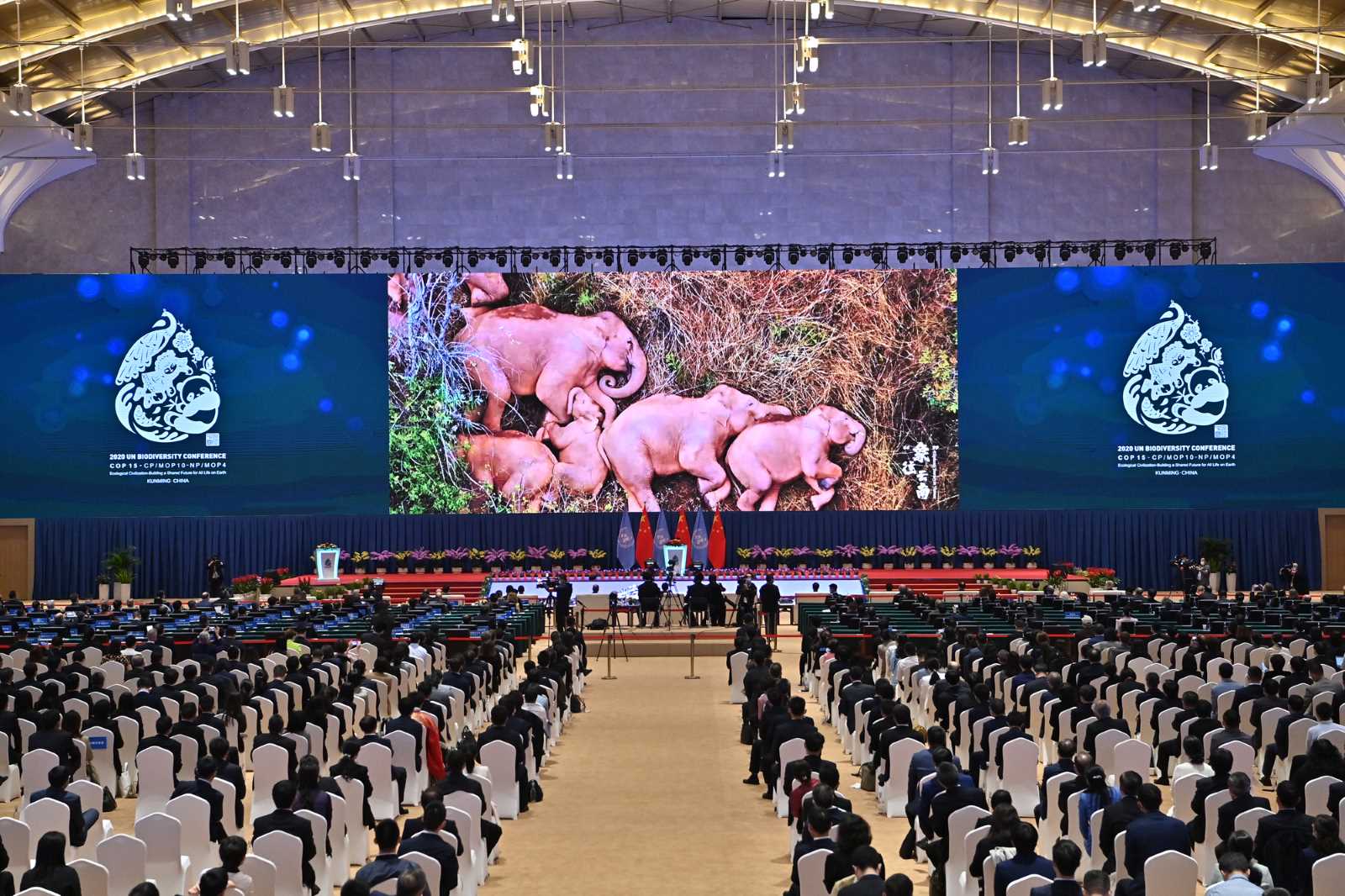Our view
No ethics, no sustainability

In the past, the professional community did not link the two issues, but that is changing because of fast global warming. Storms, floods, droughts, wildfires et cetera are causing tremendous costs. These costs neither figure in market transactions nor in economic statistics. Indeed, repair spending often counts as “growth” whereas unrepairable damage tends not to figure at all.
Central bankers worry that extreme climate events may undermine the stability of the financial system. They know that such events are becoming ever more likely and that the financial industry's risk models systematically underestimate them. The models are based on past experience, which does not offer useful guidance in a fast changing environment. Moreover, the models do not take into account so called “stranded assets” that are losing value because of the damage their use causes. As central bankers know all too well, underestimated risks can undermine financial stability. That happened in 2008, after banks had done their best to make mortgage risks invisible.
It is becoming ever more obvious that investing without concern for ESG impacts is indeed unethical. It means disregard for likely damages. When other parties bear those costs, their financial viability suffers. If, on the other hand, the culprits are eventually forced to pay compensations, that will threaten their own financial sustainability. That is one reason why private-sector corporations are increasingly shying away from fossil-fuel investments.
The Covid-19 pandemic has shown once more how forceful external shocks can be. Lock-downs limit the spread of infection, but they also reduce businesses' revenues. Things get worse as jobs are lost and purchasing power evaporates. In such a scenario, unrestrained market dynamics lead into ever deeper depression, and government spending becomes essential – both in terms of social protection and business subsidies.
The world economy never quite recovered from the 2008 crisis. A lasting impact is excruciatingly low interest rates. Many blame central banks because they want to stimulate economies with cheap money. The underlying problem, however, is that long-term interests are low. They are not dictated by central banks, but result from market dynamics. As private investors, especially in advanced nations, have been backing off from large real-economy projects, demand for long-term credit has been weak.
Governments should take advantage of this situation, borrow cheap money and invest heavily in the kind of infrastructure we need to make economies sustainable. Government debt is not inherently bad. It is indispensable for protecting employment when aggregate demand is too small and it is needed to build essential public infrastructure. Or course, debt is never risk-free, so government debt too must be handled responsibly.
One thing is certain in our uncertain times. These issues transcend national borders. They require global cooperation and solidarity. For good reason, multilateral development banks have been endorsing social and environmental standards for quite some time. It is high time they applied those standards stringently.
















